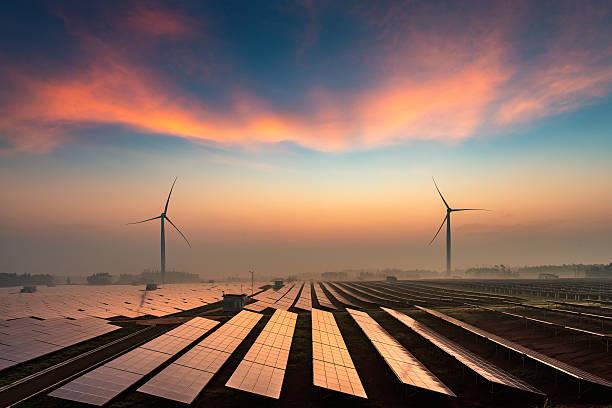How our relationship with data can help with climate change
The rising concern regarding climate change has led many to set ambitious goals and expectations for both of themselves and their governments. Unfortunately, some of these goals are unrealistic. While it is favorable to be dependent on solar and wind energy, there are caveats. Lights still need to be used at night, as do appliances and electronics. The same limitations apply for wind energy, as its use is restricted to areas where it can be applied.
With the lifestyle that most have acquired, energy is a necessity, but if a reliable replacement for fossil fuels cannot be found, then energy may become a luxury.
In the tech world, demands for data and bandwidth are given from a user’s network to an internet service provider in real-time. Similarly, users have data limits, so they don’t needlessly overconsume data. The solution to climate change may not be in finding replacements to energy sources and continuing our way of life, but instead to alter both how we consume energy and the type of energy that we use.
Thankfully, the relationship between a consumer and their ISP can be translated into an environment of energy consumption. The application of this ideology is not yet widespread, but the idea has its merits. If we were to shift toward a solar environment, then energy companies could charge consumers for using energy at night. While most would not like being restricted in this manner, its implication would have undeniable benefits for the environment. California will be implementing real-time energy pricing in January 2022. Their endeavor may be paramount to alleviating the effects of climate change if enough follow suit.
Also, solutions for climate change are not only found looking at how tech companies interact with their consumers but also looking to the technology itself. There are numerous innovations being looked at to reverse some of the impacts of climate change. Of these include biofuels, CO2 capturing vacuums, and the development of meat substitutes, to name a few.
If the approach to energy is similar to the approach with data, then maybe goals set by nations to be carbon neutral and use clean energy won’t be too unrealistic.
The McClure School of Emerging Communication Technologies strives to offer the best academic programs in the IT (Information Technology), the game development and the Virtual Reality/Augmented Reality (VR/AR) industries. Our programs and certificates cover numerous aspects of the rapidly changing industries of information networking, information security, data privacy, game development, digital animation and the academic side of esports.
